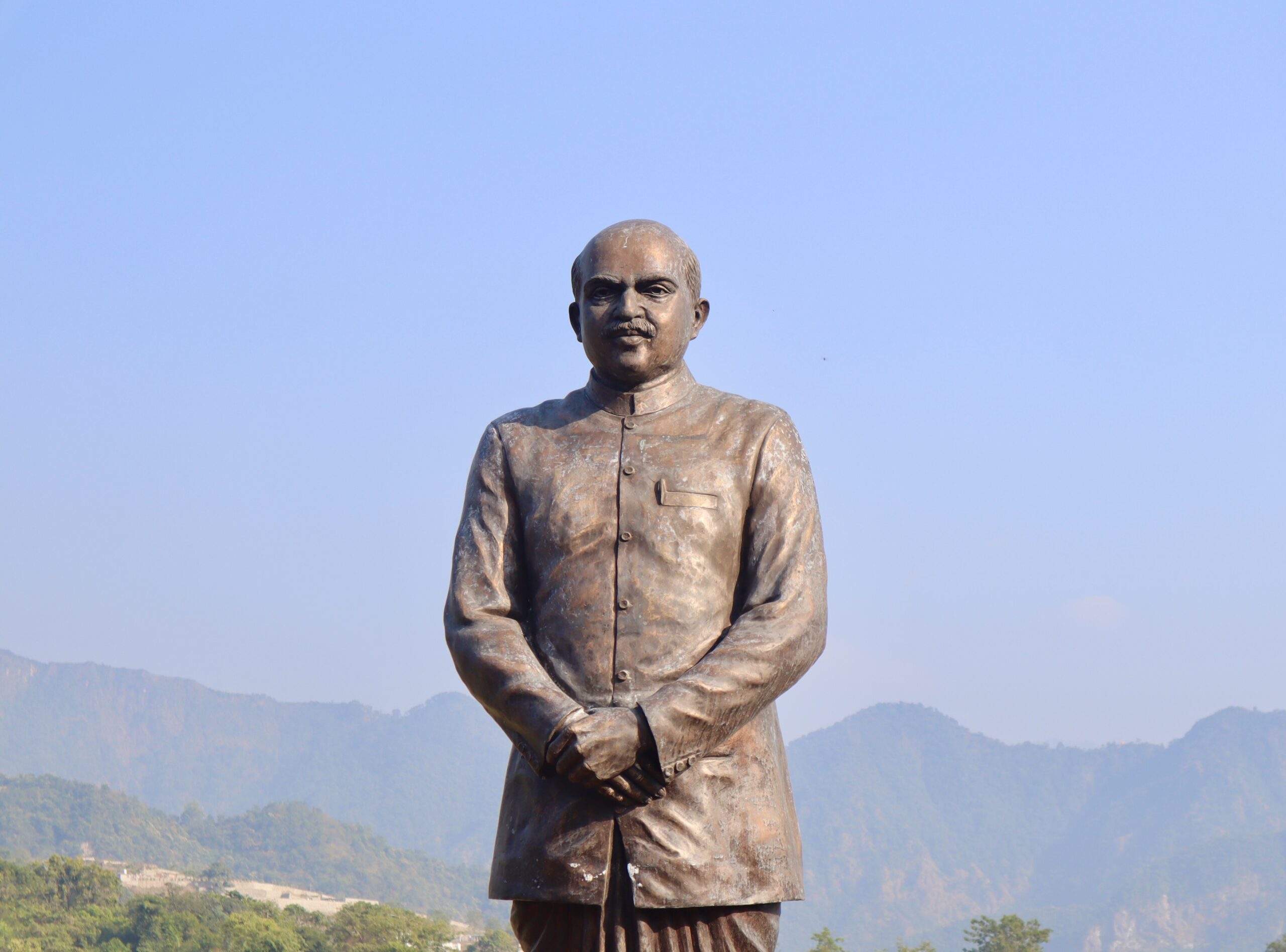In any society, political figures hold a significant amount of power and influence. They are responsible for creating and enforcing laws that govern the nation. However, there have been instances where political figures and those closely associated with them have been implicated in criminal activities. This raises concerns about the potential impact they can have on society, as their actions can either deter or encourage criminal behavior.
It is important to note that not all political figures engage in illegal activities. The majority of politicians uphold the law and work towards the betterment of society. However, there have been cases where individuals in positions of power have been involved in criminal acts, either directly or indirectly.
The Power Dynamic
Political figures often have access to resources and connections that the average citizen does not. This power dynamic can create an environment where individuals feel they can act with impunity, knowing that their position will protect them from legal consequences. This sense of entitlement can lead some politicians to engage in corrupt practices, such as bribery, embezzlement, or abuse of power.
Moreover, the influence of political figures extends beyond their own actions. Their behavior and attitudes can shape the behavior of those around them, including their supporters and associates. When politicians engage in criminal behavior, it can send a message that such actions are acceptable or even necessary to achieve one’s goals.
The Role of Political Corruption
Political corruption is a significant concern in many countries around the world. When politicians abuse their power for personal gain, it erodes trust in the government and undermines the rule of law. Corruption can take various forms, including bribery, nepotism, and favoritism. These actions not only harm the integrity of the political system but also create an environment conducive to criminal activities.
Political corruption often leads to a lack of accountability and transparency. This can result in a weakened justice system, making it easier for criminals to operate without fear of punishment. When individuals in power are involved in illegal activities, it can create a culture of impunity, where the rule of law becomes a mere facade.
The Influence on Criminal Behavior
While political figures themselves may not directly commit crimes, their actions can indirectly influence others to engage in illegal activities. When politicians are involved in corruption or other criminal acts, it can create a perception that breaking the law is acceptable or even necessary to succeed.
Furthermore, the actions of political figures can shape public opinion and attitudes towards criminal behavior. If individuals see those in power engaging in illegal activities without facing consequences, it can erode their trust in the justice system and lead to a sense of disillusionment. This can result in a breakdown of social norms and an increase in criminal behavior.
Preventing Political Influence on Crime
To prevent political figures from influencing criminal behavior, it is crucial to strengthen accountability and transparency within the political system. This can be achieved through robust anti-corruption measures, independent oversight bodies, and a strong judicial system.
Additionally, promoting a culture of integrity and ethical leadership is essential. Political figures should be held to high ethical standards and be held accountable for their actions. This includes implementing strict codes of conduct, enforcing financial disclosure requirements, and ensuring transparency in political fundraising.
Education and awareness campaigns can also play a vital role in preventing political influence on crime. By educating citizens about their rights and the importance of an ethical political system, individuals can become more vigilant and actively participate in holding politicians accountable.
Conclusion
While not all political figures engage in criminal behavior, the actions of those who do can have a significant impact on society. The power dynamic and influence associated with political positions can either deter or encourage criminal activities. To prevent political influence on crime, it is crucial to strengthen accountability, transparency, and ethical leadership within the political system.
